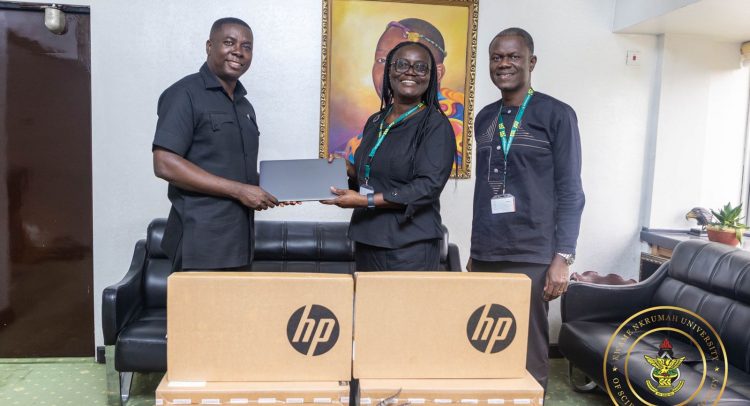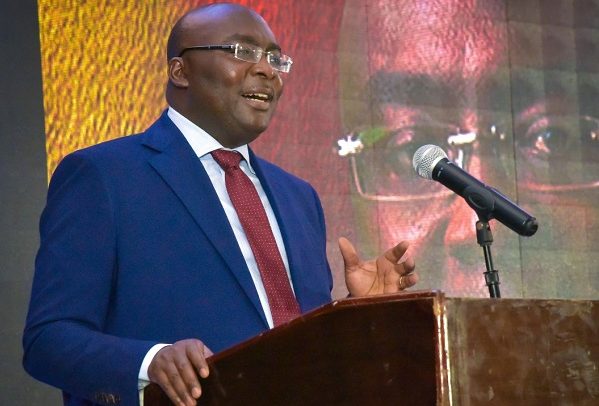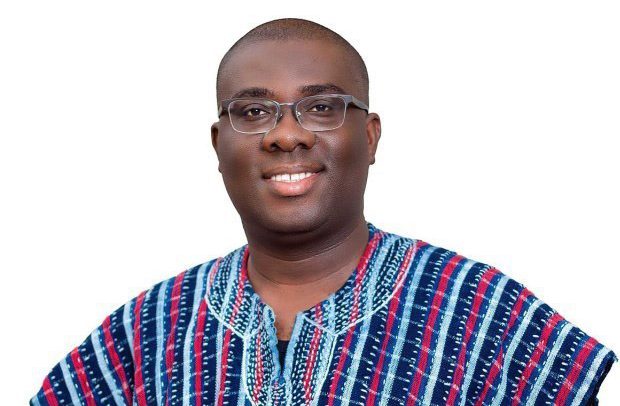
Ghana has concluded discussions with renowned online payments system company, PayPal, and will, therefore, soon become one of the PayPal-compliant countries.
Paypal supports online money transfers and serves as an electronic alternative to traditional paper methods like cheques and money orders.
The company operates as a payment processor for online vendors, auction sites and other commercial users, for which it charges a small fee in exchange for benefits such as one-click transactions and password memory.
Ghana's entry into the Paypal system is expected to be completed by the first half of 2020 and forms part of Government's ongoing efforts to build a new and modern economy.
According to the roadmap presented by Paypal, by the second half of 2019, Ghanaian merchants should be able to receive payments for their goods sold online while by the first half of 2020, Ghanaian consumers should be able to make payments for goods and services purchased online via Paypal accounts.
It is expected to largely eliminate the difficulties associated with traditional banking services, such as the difficulty in opening bank accounts, the high costs associated with maintaining a bank account relative to customers' income levels, the need to have basic literacy, administration and record keeping abilities and English-language capacity to operate a bank account, and the sheer intimidating nature of banking halls.
The Vice President, Dr Mahamudu Bawumia, made these known at the launch of the first phase of the first Mobile Money Interoperability (MMI) Payments System in Accra on Thursday. The launch took place on the theme: "It's finally possible".
Dr Bawumia noted that about 60 per cent of the Ghanaian population was unbanked.
This, Dr Bawumia said, meant that so much money and savings were held outside the banking system, as a result of which, he said, there had been no access to payment instruments other than cash for transactions as most alternative payment instruments were bank-based.
He explained that the low level of savings in the financial system relative to potential was a major reason why interest rates on loans continued to be high in many developing countries including Ghana.
He said banks could only lend out the savings of their depositors or what they borrowed from the money market and, therefore, if there were no savings (or placements) by depositors, money would not be available for lending.
Dr Bawumia further explained that the price of loans (interest rates) like that of any other good or service was fundamentally determined by demand and supply and so in a situation of scarcity of savings, it was likely to be the case that even after the central bank reduced its policy rate, commercial banks might not respond in tandem and lending rates would continue to be high.
He said one of the quickest ways and key solutions to the problem of domestic resource mobilization due to the highly informal nature of the economy underpinned and supported by the predominance of cash transactions due to financial exclusion, was to formalize the economy by banking the unbanked.
"When the demand for loans increases relative to supply (savings), the price (the interest rate) will rise. In this sense one should expect that in an economy where savings in the financial system are low for whatever reason, market determined interest rates would be higher," Dr Bawumia pointed out.
Vice President Bawumia underscored the importance of increasing the supply of savings in the financial system by making financial services such as MMI available to the population.
He said when MMI was done on a comprehensive scale, financial resources locked up in non-financial assets would be brought into the banking system for intermediation and serve as a significant source of resources, representing potentially 3-5 times what was currently intermediated in the financial system.
Dr Bawumia noted that the banking system from its colonial heritage had evolved and developed to exclude the majority of the population from the financial system--a situation that had arisen because the traditional payment systems offered by the major banking institutions did not address the key requirements of the unbanked population, hence the MMI.
He noted that most of the payment system infrastructure developed in Ghana, had their origins in the developed world, operating in a completely different environment.
For instance, he said,when the debit card was introduced as an alternative to cash, virtually the entire rural population were excluded because there were limited telecommunications infrastructure, no bank, no ATM or no point of sale offering VISA or MasterCard services.
Vice President Bawumia said the payment and settlement system developed in Ghana, as in many other developing countries, had also largely focused on access by the tiny banked segment of the population and largely limited to their own customers or members of their own network.
He said this path of payment system development over the last fifty years had resulted in the exclusion of the vast majority of the population from access to financial services.
He said the nature of payment system, according to experts, had also increased the cost of banking in Ghana because banks ended up with a small customer base over which to spread the cost of their operations, making their fees and interest rates higher than banks in other jurisdictions with a much larger customer base.
Dr Bawumia noted that banks had, over the years, not made much of an effort to bank the unbanked because the history of macroeconomic instability had provided them with a very lucrative and zero risk customers--Government--with high fees and interest rates.
Furthermore, he said, the banks had also been very reluctant to co-operate on technology, meaning that, over the years, very expensive investments had had to be amortized over a small customer base.
He said one area of glaring omission in payments system development was the absence of a common platform that would ensure interoperability across different bank networks or switches.
Dr Bawumia said it was against this background that in 2007, the ezwich card was launched; adding that today, cocoa farmers, national service personnel, LEAP recipients and many others received and made payments via the ezwich card.
He said MMI Payments System would present exciting opportunities for Ghana and be a major boost for e-commerce in the country.
He, therefore, tasked the Ghana Interbank Payments and Settlements System (GHIPSS) to constitute a working group of stakeholders to work to implement this road map and called on the Bank of Ghana, GHIPSS, Banks, Fintechs, Telecommunication companies and merchants to work together to ensure that the road map was implemented within the time frame and to also prepare for the opportunities that would come with it.
The Governor of the Bank of Ghana, Dr. Ernest Addison, challenged the banks to deploy strategies to attract the informal sector and corporate with the Telecos in the mobilization of enough deposits for national development.
The Chief Executive Officer, Ghana Interbank Payment and Settlement Systems Limited, Archie Hesse, commended Government for the bold initiative in the implementation of MMI.
Following the launch, customers will now be able to move freely monies from mobile money to mobile money accounts across different networks. This means that customers who have mobile money accounts with MTN, for example, can easily transfer or receive money from other networks such as Airtel-Tigo or Vodafone.
Furthermore, mobile customers can also now move money from their mobile money accounts to bank accounts without any difficulty, freeing up funds locked up in the telecommunication sector.
Also, from the bank side, customers can move money from their bank account(s) to mobile money accounts. And, according to Fintech experts, this will make Ghana one of the global leaders in the interoperability payments space.
Source: ISD (Rex Mainoo Yeboah)
Read Full Story




















Facebook
Twitter
Pinterest
Instagram
Google+
YouTube
LinkedIn
RSS